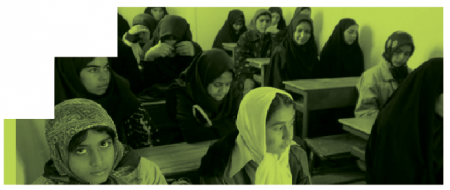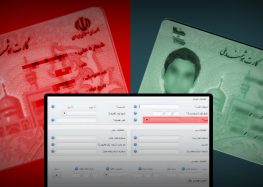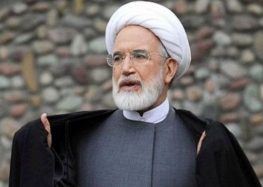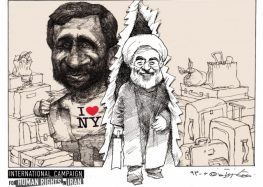Ministry of Education
 Language discrimination
Language discrimination
Recommendations
Article 15 of the Iranian constitution states, “The official language and script of Iran, the lingua franca of its people, is Persian. Official documents, correspondence, and texts, as well as textbooks, must be in this language and script. However, the use of regional and tribal languages in the press and mass media, as well as for teaching of their literature in schools, is allowed in addition to Persian.”
This article thus explicitly safeguards the right of different ethnic groups within Iran to teach and learn a mother tongue other than Persian. In addition, a 2009 resolution by the Supreme Council of the Cultural Revolution requires that a two-unit elective course in the local native language be made available in regional universities in Iran. However, no steps have been taken to implement Article 15 or this resolution even though, according to the Minister of Education, as many as 70% of Iranian students enrolled in elementary schools are bilingual.
Policies in the Kurdish region are indicative: In 2012, a confidential internal memo from the Ministry of Education was leaked and published on several Kurdish websites, indicating that the Ministry had issued a ban on teaching in the local languages in several Kurdish cities. The National Organization for Civil Registration refuses to register Kurdish names for newborn infants and the Public Buildings Oversight Office of the Iranian Police routinely closes and seals businesses with Kurdish names.[1]
Recommendations for the Ministry of Education:
- End the ban on teaching in local native languages. Adhere to Article 15 of the Iranian constitution upholding minority language rights for all ethnicities, including Kurds, Azeris, Baluchis and Arabs.
Download the full report here (PDF)






